17 writers who despised adaptations of their work: ‘If you like my stuff, don’t watch that movie’
From Truman Capote’s problem with Audrey Hepburn in ‘Breakfast at Tiffany’s’ to Lois Duncan’s very personal offence over ‘I Know What You Did Last Summer’ and Quentin Tarantino’s public beef with Oliver Stone, Annabel Nugent counts down 17 times writers hated adaptations of their work

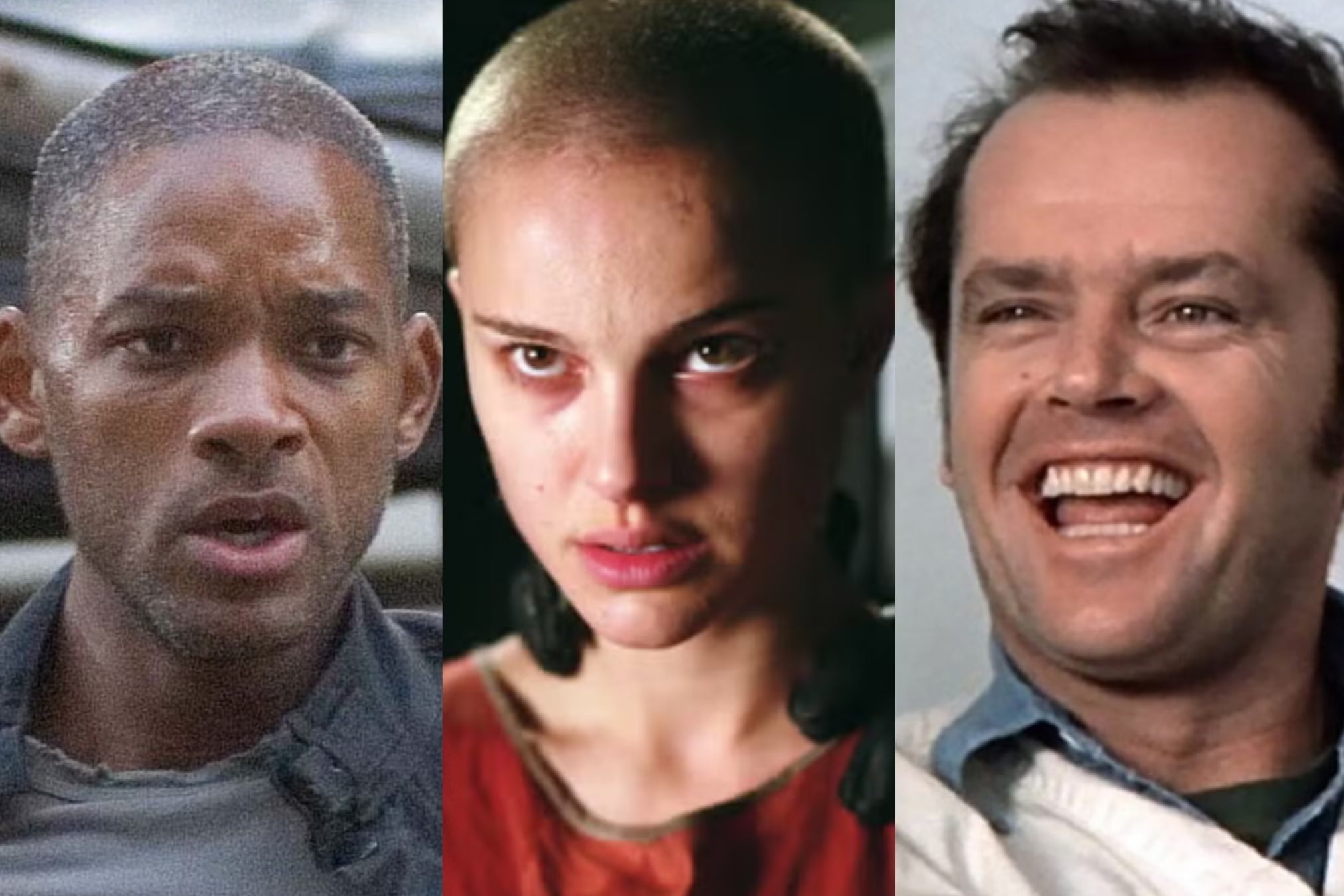
Your support helps us to tell the story
From reproductive rights to climate change to Big Tech, The Independent is on the ground when the story is developing. Whether it's investigating the financials of Elon Musk's pro-Trump PAC or producing our latest documentary, 'The A Word', which shines a light on the American women fighting for reproductive rights, we know how important it is to parse out the facts from the messaging.
At such a critical moment in US history, we need reporters on the ground. Your donation allows us to keep sending journalists to speak to both sides of the story.
The Independent is trusted by Americans across the entire political spectrum. And unlike many other quality news outlets, we choose not to lock Americans out of our reporting and analysis with paywalls. We believe quality journalism should be available to everyone, paid for by those who can afford it.
Your support makes all the difference.If there’s one certainty in as fickle a field as Hollywood, it’s book-to-screen adaptations. For aeons, directors and showrunners have drawn inspiration from their libraries, dipping into enduring classics, nostalgic favourites, tantalising murder mysteries, and topical new releases every year.
The book-to-screen pipeline is real, and, credit where credit is due, often very fruitful. In the last 10 years alone, novels have been behind hits such as Daisy Jones and the Six, Normal People, The Underground Railroad, Game of Thrones, Call Me By Your Name andThe Personal History of David Copperfield. The list goes on. And on.
One book adaptation, in particular, has recently found itself under scrutiny as Blake Lively’s It Ends With Us, based on Colleen Hoover’s 2016 bestseller of the same name, continues to attract headlines for all the wrong reasons. Hoover, however, has stood by the film and its star, stating they did “such a good job condensing this book into a film that I’m very happy with this adaptation”.
Other writers, however, are less enthused when it comes to adapting their work for the screen. What seems like a dream come true can often be a nightmare. Between casting disagreements to plot diversions and big egos, the journey from pulp to cellulose is far from easy ride. Here are 17 writers who hated the adaptation of their work…
Breakfast at Tiffany’s – Truman Capote
Breakfast at Tiffany’s might have taken home two Oscars – and been nominated for three more – but that wasn’t enough to win over Truman Capote, who took particular issue with the casting of his lead character. While Audrey Hepburn’s portrayal of Holly Golightly has gone down in film history as among the most iconic, Capote envisioned a different star in the pearl necklace: Marilyn Monroe.
Calling the adaptation “the most miscast” film ever, Capote said: “Paramount double-crossed me in every way and cast Audrey.” He also allegedly wanted to star in the film himself as the lead role Paul, who was memorably played by George Peppard. Casting was far from the only issue he had with the film, though. Asked what was wrong with it, he replied: “Oh god, just everything,” and explained how he believed the film missed the nuance and turned his story into a romance instead by rewriting the ending. In the movie, Holly and Paul end up together – whereas in Capote’s book, Paul disappears.
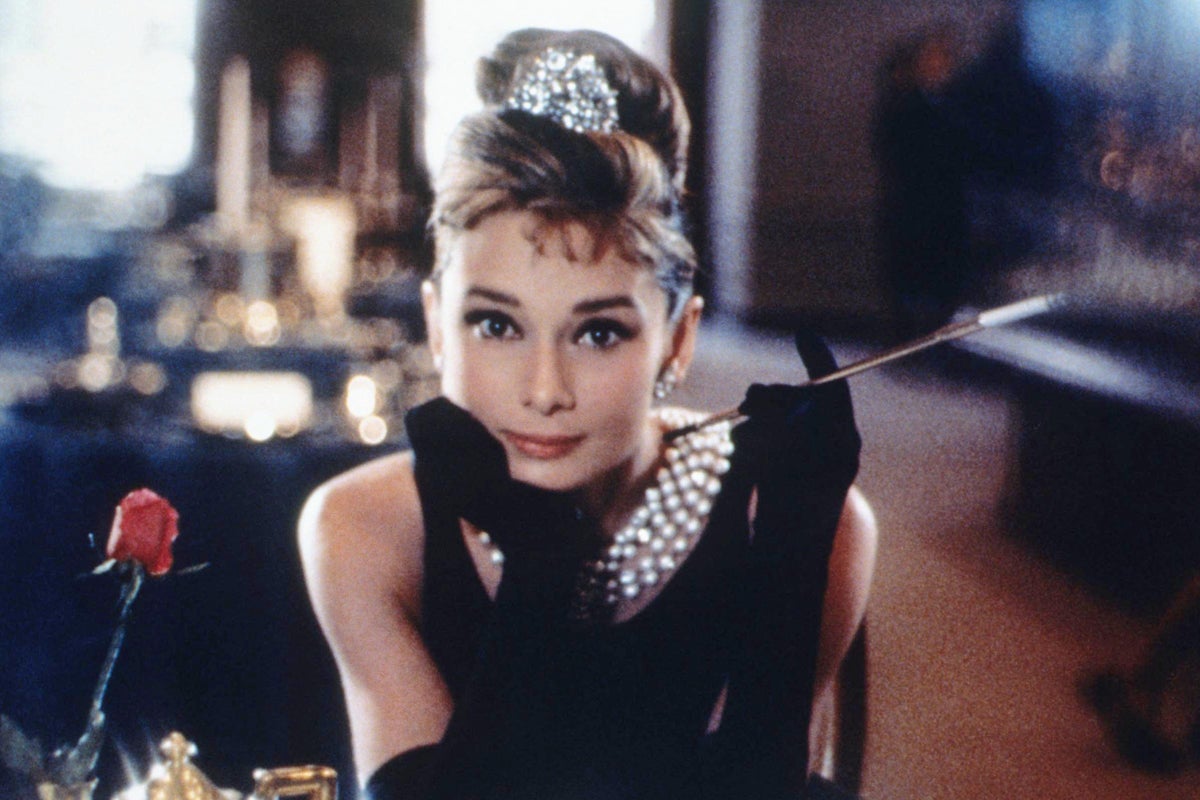
Sister Act – Paul Rudnick
“What was intended as a satire of movies like The Singing Nun and TV shows like The Flying Nun and all of those hug-happy, sugary nun flicks, turned into one of those,” Rudnick told NPR.
Although the film was well received by fans and critics, Rudnick felt that his script had been mangled by Disney to the point of being unrecognisable. “By the time the Disney people got through my original script, it formed very little resemblance to what I intended,” he said. The situation was so bad that Rudnick chose to go by a pseudonym in the credits: Joseph Howard.
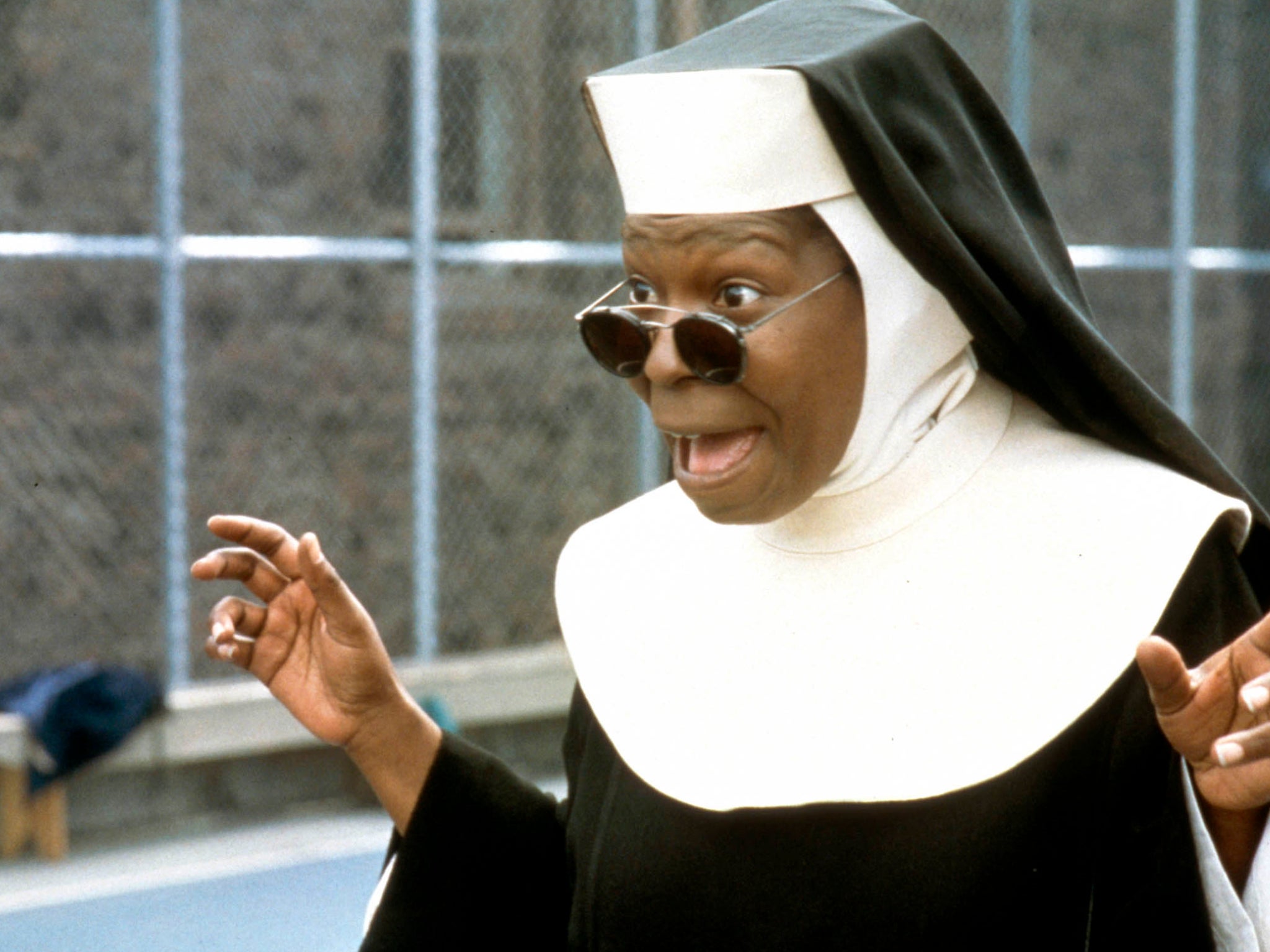
The Shining – Stephen King
Stephen King famously disliked Stanley Kubrick’s critically acclaimed 1980 adaptation of his 1977 novel. “I kept my mouth shut at the time, but I didn’t care for it much,” said King, who explained why he took issue with Jack Nicholson’s Jack Torrance.

Watch Apple TV+ free for 7 days
New subscribers only. £8.99/mo. after free trial. Plan auto-renews until cancelled

Watch Apple TV+ free for 7 days
New subscribers only. £8.99/mo. after free trial. Plan auto-renews until cancelled
“I feel the same because the character of Jack Torrance has no arc in that movie. Absolutely no arc at all,” he said. “When we first see Jack Nicholson, he’s in the office of Mr Ullman, the manager of the hotel, and you know, then, he’s crazy as a s*** house rat. All he does is get crazier. In the book, he’s a guy who’s struggling with his sanity and finally loses it. To me, that’s a tragedy. In the movie, there’s no tragedy because there’s no real change.”
It wasn’t all hard feelings, though. King called Kubrick a “terrifically smart guy” and praised the aesthetics of the film. “It’s like a big, beautiful Cadillac with no engine inside it,” he said.
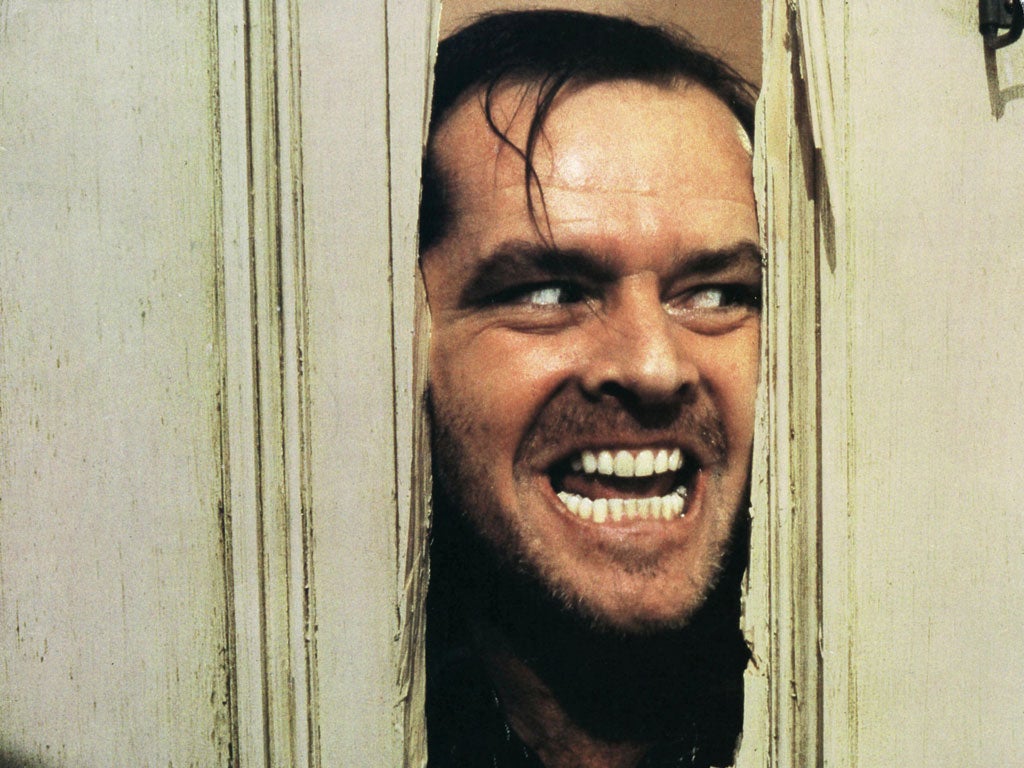
The Neverending Story – Michael Ende
Ende did not mince his words when it came to the 1984 adaptation of his bestselling children’s fantasy novel. At a press conference, the German writer hit out at the “revolting movie” and demanded that his name be removed from the credits.
“I saw the final script five days before the premiere and only as a result of a judicial verdict in Munich,” he said. "I was horrified. They had changed the whole sense of the story.” Co-writer and director Wolfgang Peterson, however, maintained that his film is “very faithful” to the source material.
Elsewhere, Ende said: “The makers of the film simply did not understand the book at all. They just wanted to make money.”
One Flew Over the Cuckoo’s Nest – Ken Kesey
To say Milos Forman’s 1975 adaptation of Kesey’s 1962 novel was well received would be an understatement; it was the first movie in 41 years to win the Oscar for best picture, director, lead actor, lead actress, and screenplay. Kesey, though, despite allegedly not having seen the film, despised it.
Most of all, he hit out at the filmmaker’s decision to remove his book’s main narrator, Chief Bromden. So passionate about his novel, Forman went so far as to sue the studio for “breaking our verbal agreement and ruining the book”.
In 1976, an article in The New York Times revealed that he had watched the film dominate at the Oscars with a “sense of absurd” and complained his contribution was not properly acknowledged by the recipients of the awards. “It was like pumps trying to say they’re more important than the well and the water,” he said.
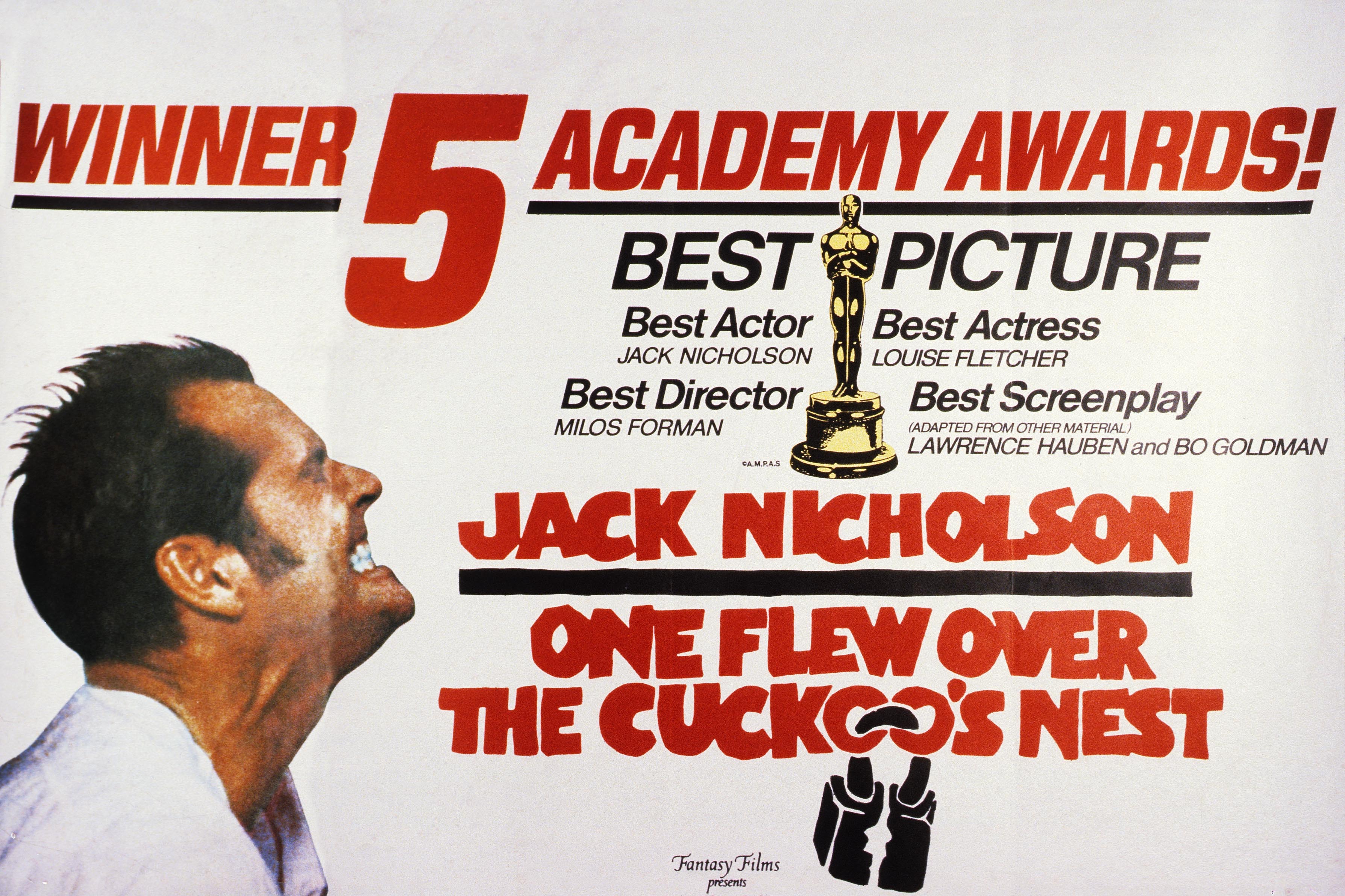
V For Vendetta, Watchmen, The League of Extraordinary Gentlemen – Alan Moore
“I’ve read the screenplay. It’s rubbish,” the Northampton writer said of the 2005 film starring Natalie Portman. In a 2006 interview with The New York Times, in which he urged readers to steer clear of the film, Moore made it clear how he felt – not just about V For Vendetta but all of the adaptations of his comics.
“I don’t want anything more to do with these works,” he said. “Because they were stolen from me – knowingly stolen from me.” Speaking about V For Vendetta specifically, Moore called it a “Bush-era parable by people too timid to set a political satire in their own country”; he also held particular hatred for Johnny Depp’s version of the protagonist in From Hell, whom he called an “absinthe-swilling dandy”.
Mary Poppins – PL Travers
The Australian author was so upset with the film adaptation of her work that she reportedly wept through the premiere. Her dispute with Disney proved so contentious that a film was made about it in 2013, starring Emma Thompson as the writer. Travers had thought the adaptation to be sentimental and silly, and loathed the fact that they had turned Ms Banks (played by Julie Andrews) into a suffragette.

Natural Born Killers – Quentin Tarantino
Never one to hide behind niceties, Quentin Tarantino said he “hated that f***ing movie” and hit out at Oliver Stone for ruining his screenplay, which was initally about the character of broadcaster Wayne Gayle (Robert Downey Jr), but was reworked to focus more on Woody Harrelson and Juliette Lewis’s characters.
“When Quentin wrote those two characters, Mikey and Mallory, they were originally based on, I guess, Bonnie and Clyde," Stone said of the original screenplay, which turned into his 1994 film. "It was mostly about the TV journalist, and Mickey and Mallory were just sort of crazy, stick figures.”
It’s safe to say Tarantino did not appreciate the notes. “If you like my stuff, don’t watch that movie,” he urged fans.
Natrual Born Killers, in fact, was one of three films to grow out of Tarantino’s mammoth 500-page script for a project called The Open Road – which he wrote in 1988 with his friend Roger Avary, with whom he worked at a video rental store. The other two were True Romance and Pulp Fiction.
“Quentin… asks me if he can finish it. A year later it doesn’t resemble my original story in the slightest,” recalled Avary. “He has, in fact, transformed it into something much more brilliant that will eventually become the bits and pieces that make up the foundations of True Romance, Natural Born Killers, and Pulp Fiction.”
Percy Jackson – Rick Riordan
Rick Riordan was far from alone in his criticism of the Percy Jackson film (and its sequel), with many fans of the books expressing their disappointment with the much-anticipated adaptation. In 2018, Riordan shared the letters that he wrote to the filmmakers during development, in which he expressed his concerns.
Among his criticisms was the decision to age up the characters to their late teens, explaining how it “kills any possibility of a movie franchise” à la Harry Potter. More than that, though, Riordan wrote simply: “The script as a whole is terrible.”
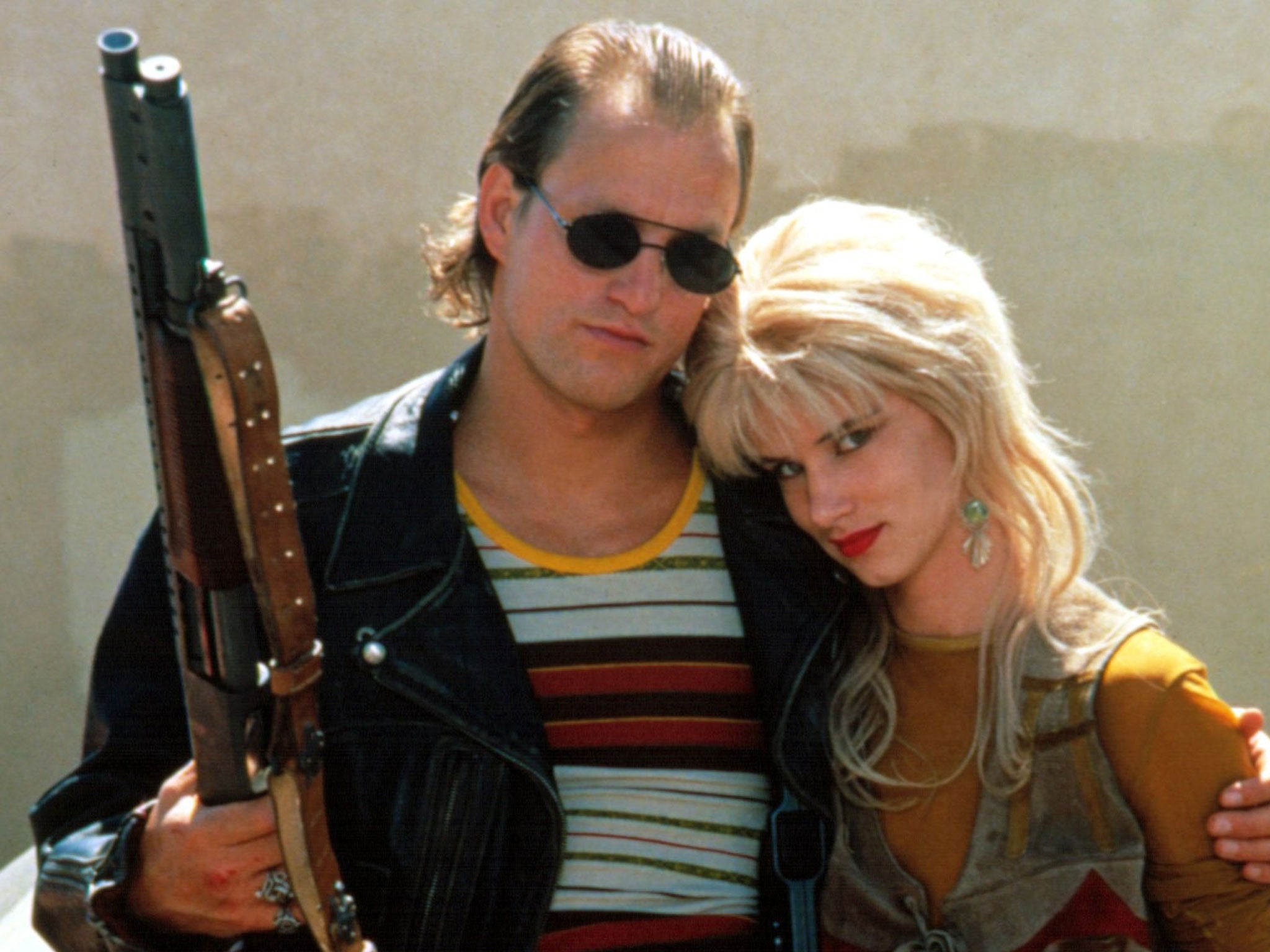
Cool Hand Luke – Donn Pearce
Although Pearce had been hired to write the screenplay adaptation of his book, which was inspired by the two years he spent with a prison road gang, the filmmakers later hired a more experienced screenwriter to rework his script.
In fact, the most famous bit of dialogue in the film (which sees the Captain say to Luke: “What we’ve got here is a failure to communicate”) was despised by Pearce, who called it a “stupid f***ing line” – because, he argued, the prison guards were not educated enough to come up with such a turn of phrase.
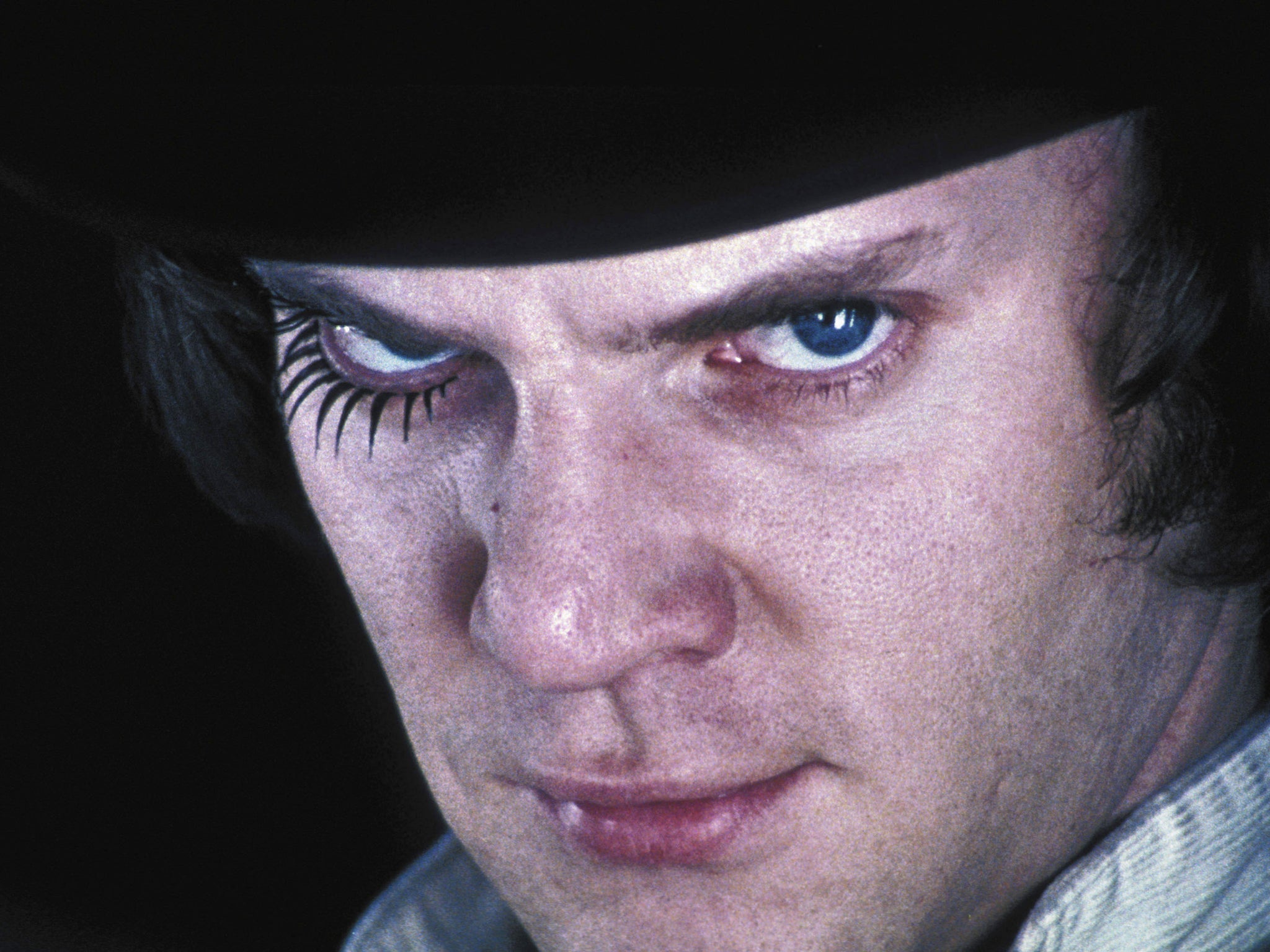
A Clockwork Orange– Anthony Burgess
Stephen King wasn’t the only one unhappy with Kubrick. Although Burgess was apparently initially pleased with the 1971 adaptation of his controversial novel, his feelings soon soured.
The writer was displeased with the director’s choice to cut the 21st chapter of the book from the film’s plot; in fact, up until 1986, American editions of the book did not include the 21st final chapter (a redemptive end for his protagonist) because, as Burgess put it, “ publishers deemed it as “a sellout, bland, and veddy veddy British”.
Much of Burgess’s issue with A Clockwork Orange, however, was actually to do with his own writing – he believed that his novel was “too didactic to be artistic”. However, it didn’t help matters when he thought he was not properly compensated for the film.
Willy Wonka & the Chocolate Factory – Roald Dahl
As of last year, Timothée Chalamet became the latest actor to portray the eccentric chocolatier, but for many, Roald Dahl’s creation will forever be linked with Gene Wilder’s performance in the 1971 Oscar-nominated classic – though the writer himself would prefer otherwise.
“Gene Wilder was rather too soft and didn’t have a sufficient edge. His voice is very light and he’s got that rather cherubic, sweet face. I think [Roald Dahl] felt… there was something wrong with [Wonka’s] soul in the movie – it just wasn’t how he imagined the lines being spoken," Donald Sturrock, a friend of the author, revealed.
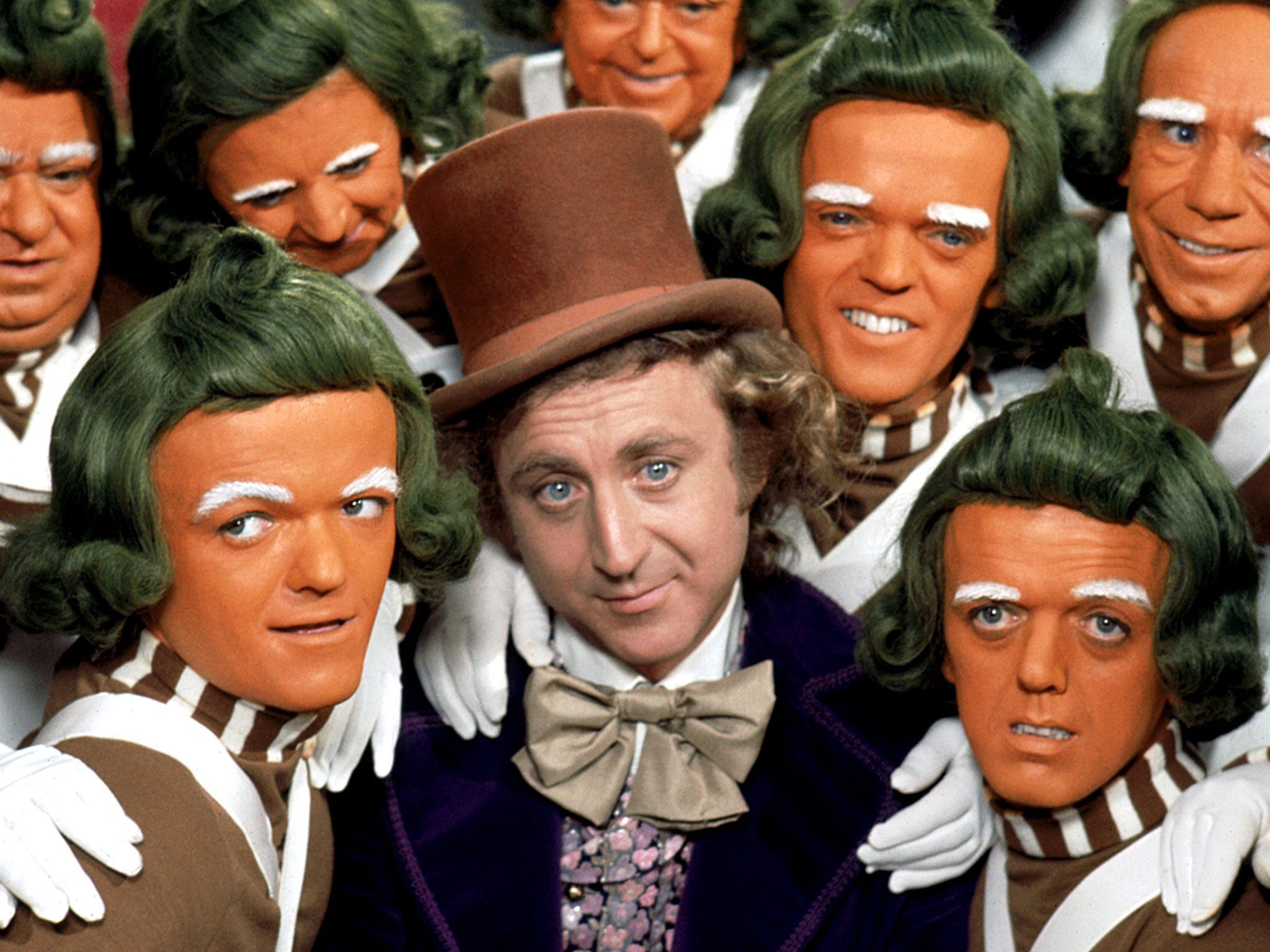
American Psycho– Bret Easton Ellis
Since the release of Mary Harron’s 2000 satirical horror, Christian Bale’s performance as the image-obsessed killer Patrick Bateman has become iconic. Not everyone, however, was a fan. While he didn’t outright hate the film, Ellis called the adaptation of his controversial 1991 novel just “fine” – ouch.
To be fair to the screenwriters, Harron and Guinevere Turner, Ellis took issue with the fact it was being adapted to screen at all. “I think that book is unadaptable because it’s about consciousness and you can’t really shoot that sensibility,” he said.
I Am Legend – Richard Matheson
Matheson’s zombie novel has been adapted no less than four times, and yet none have – in his mind, at least – done the source material justice. After the most recent adaptation in 2007, starring Will Smith, Matheson was quoted as saying: “I don’t know why Hollywood is fascinated by my book when they never care to film it as I wrote it.”

Charlotte’s Web – EB White
Although White fought hard to keep some of the darker elements of his story in the film (namely Charlotte’s death at the end), the writer was ultimately unsatisfied with the project. According to illustrator and animator Gene Deitch, White called the film a “travesty”, stating: “The story is interrupted every few minutes so that somebody can sing a jolly song. I don’t care much for jolly songs.”
My Foolish Heart –JD Salinger
Salinger reportedly hated the adaptation of his short story so much that it put him off the idea of adaptations altogether. Released in 1949, before his career really took off, My Foolish Heart – based on his New Yorker short story “Uncle Wiggily in Connecticut” – opened to scathing reviews, not least from Salinger himself.
His apparent disdain for adaptations was of particular annoyance after he published The Catcher in the Rye in 1951, with Billy Wilder, Jerry Lewis, Steven Spielberg and Harvey Weinstein all wanting the film rights.
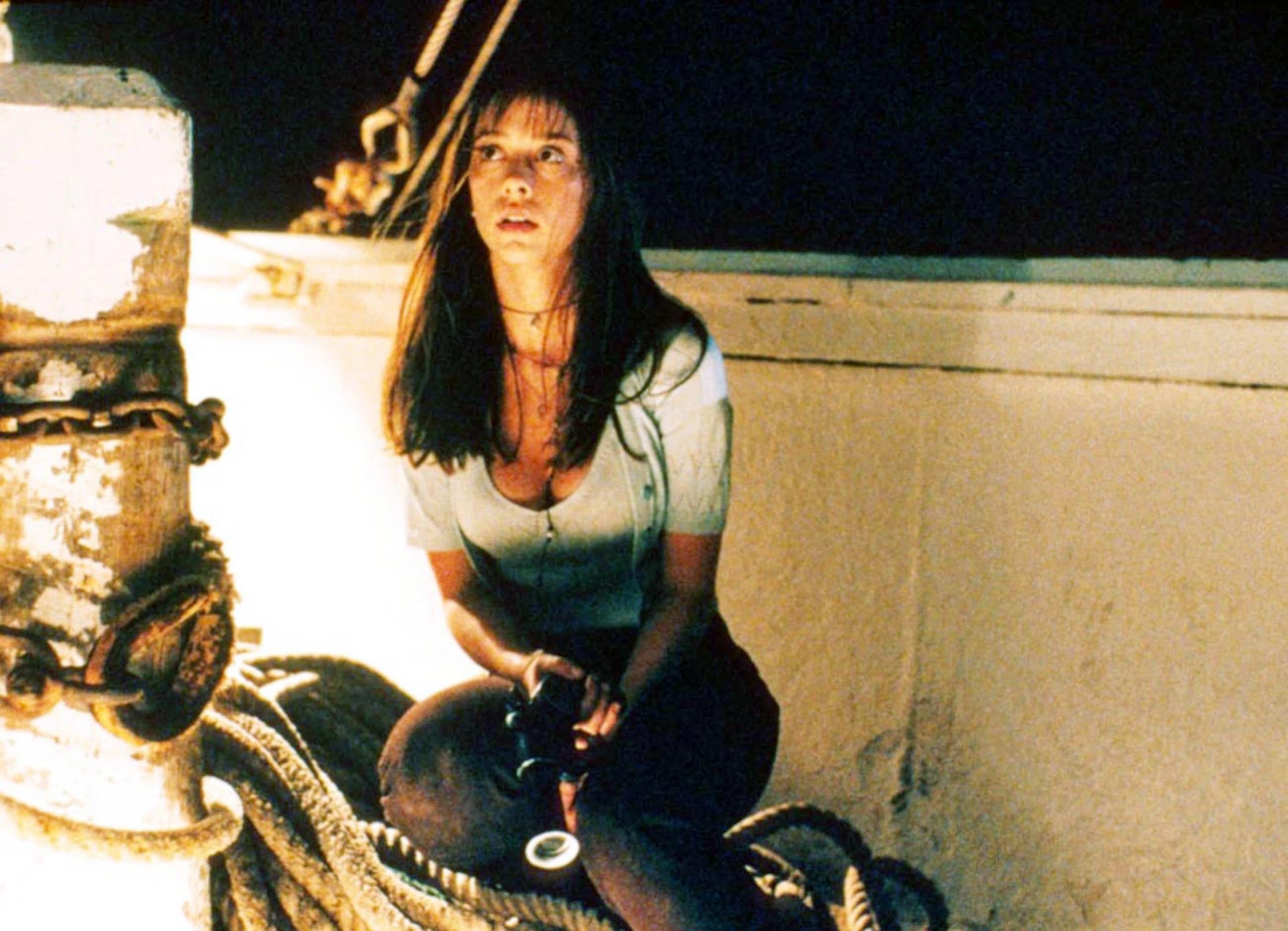
I Know What You Did Last Summer – Lois Duncan
Like most of Duncan’s novels, I Know What You Did Last Summer was a tense thriller that featured crime and murder – but what it wasn’t was a slasher, which is what the film adaptation turned it into, much to Duncan’s dismay.
“It’s the last message I would ever want to give kids – that violence is a game and fun,” Duncan said in an article that appeared in Albuquerque Journal. “The gore was beyond belief. I write suspense and scary stuff, but I have never written gore in my entire life. I have never sensationalised violence. It’s always been a vehicle to show the pain that violence can cause. There’s so little connected to my book (in the movie) that I don’t know why they ever wanted it.”
Duncan was particularly horrified by the violence because her own daughter had been killed aged 18 in 1989. “My daughter Kait was chased down, and her brains were blown out,” Duncan told the Chicago Sun-Times. “So I’m particularly sensitive about desensitising kids to violence and turning murder into a game.” No one was charged in Kaitlyn’s murder, which was the subject of two of Duncan’s books: 1992’s Who Killed My Daughter? and 2013’s One to the Wolves: A Desperate Mother on the Trail of a Killer.
Join our commenting forum
Join thought-provoking conversations, follow other Independent readers and see their replies
Comments